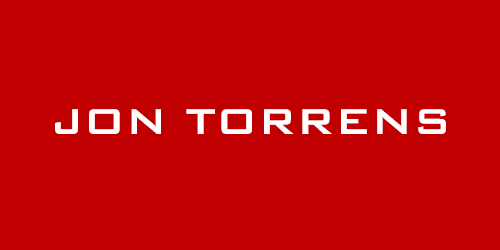You’ve written a great presentation: inspiring, concise and full of useful information. So far, so good.
You start to rehearse. This – in principle – is an excellent course of action (one I like to bang on about) because most people sabotage their presentations by not rehearsing enough.
Then comes the day of the presentation: you hold your script in your hands and read it to your audience, just like you rehearsed. But, like the twist in a sci-fi story, you discover something rather chilling: you’re not a human after all, but a sentient machine, and you’ve been betrayed by your lack of emotion. You see, the verbatim script may have a good structure and convey all the information with a rich vocabulary, but it lacks something:
A soul.
All the presentations I see where people read from notes fail to engage the audience because they’re not conversational.
Expert Ease
You need to make your presentation feel natural and a little bit spontaneous. When you chat to a friend or colleague, you don’t have a precise script in mind, but what tumbles out usually makes sense, because you’re talking about something you know about (well, I hope so anyway) and your brain has had a bit of practice at this speaking lark, so it articulates the ideas for you as you go. If you’re an expert then all you need is the concept; relax, and you’ll speak fairly credibly about it.
Just Talk
If someone asked you to give a presentation with 10 minutes’ notice, what would you do? I imagine this would be your process – you’d think:
- ‘Oh great, this is unfair.’
- ‘I’d better write down some notes.’
- ‘No time for a script, I’m going to go on instinct.’
In a way, having very little notice can do you a favour because you have less time to stress about the whole thing; it also forces you to just speak, rather than ‘give a presentation’. That’s what an expert does; they just talk about what they know about, from the heart. They might have a structure in mind, but they could use their entire time slot for a Q+A style session and may be just as effective (I’ve done this, and it can be a better way to help people than to have slides and then a Q+A).
Go Off-Script
The benefit for the audience? They feel they’re getting what you really know and feel about this stuff, rather than the dry material you wrote in your office last week (or three months ago). If you can speak spontaneously (or at least seem spontaneous) for some* of your presentation, you’ll achieve a human connection that your audience will really appreciate. Read from a script and you’ll kill the whole thing stone dead.
* or all, you crafty devil
Related
A video on my YouTube channel, also on the perils of using a verbatim script.
